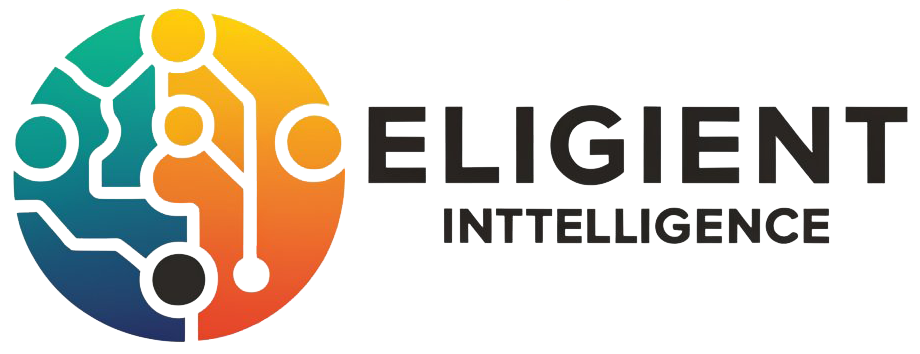The legal profession, known for its adherence to tradition and precedent, is currently on the cusp of a major transformation. The catalyst? Artificial Intelligence (AI). As AI technologies make their way into various sectors, the legal industry is not left untouched. The implications for legal professionals are profound, reshaping their roles, workflows, and the very fabric of legal practice. This blog post delves into what AI means for legal professionals, exploring both the challenges and opportunities it presents.
Opportunities Unleashed by AI
1. Enhanced Efficiency and Accuracy
One of the most immediate benefits of AI for legal professionals is the significant boost in efficiency and accuracy it brings to routine tasks. AI-powered tools can sift through thousands of documents in the time it takes a human to review a single file, identifying relevant case laws, precedents, and evidential documents with pinpoint accuracy. This not only speeds up the legal research process but also minimizes the risk of oversight.
2. Predictive Analytics
AI’s ability to analyze past legal outcomes and predict future trends is a game-changer. By leveraging data analytics, legal professionals can gauge the likely outcome of cases, tailor their strategies accordingly, and advise their clients with greater confidence. This predictive insight is particularly invaluable in litigation strategy and risk assessment.
3. Automating Routine Tasks
From drafting standard legal documents to managing contracts and due diligence, AI is automating a plethora of routine tasks. This automation frees up legal professionals to focus on more complex, value-added aspects of their work, such as strategizing and client counseling.
4. Expanding Access to Legal Services
AI is democratizing legal services, making them more accessible to a broader audience. Online platforms powered by AI provide legal advice, assist with document preparation, and help individuals navigate the legal system at a fraction of the cost of traditional legal services. This not only expands the market for legal services but also plays a crucial role in bridging the access-to-justice gap.

